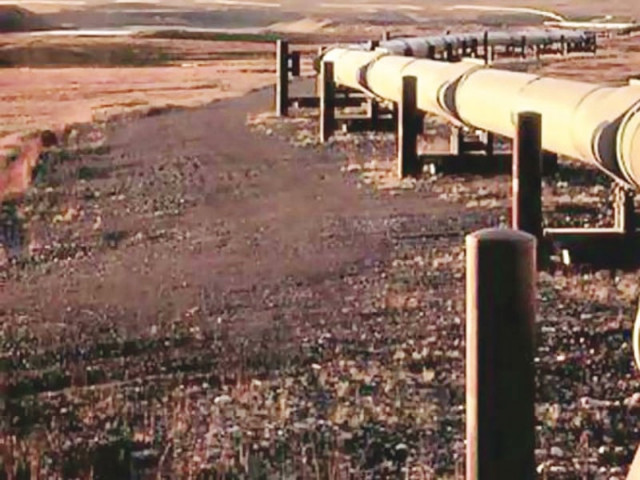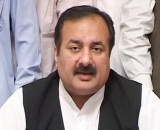Fertiliser plants: Government refuses to foot the gas subsidy bill
Other sectors will continue to pay for concessionary supplies to urea-makers.

The government will continue to provide subsidy to fertiliser producers, but in line with the current mechanism it will not shoulder the burden, rather other sectors of the economy will foot the bill, officials say.
Fertiliser plants, especially Fatima Fertiliser Company and Engro Fertilisers, were receiving gas at a concessionary rate for producing urea, a key input in planting of crops. In another advantage, they were ensured uninterrupted gas supply from dedicated Mari gas fields, which face only 12% gas outages.
However, they are selling urea to the farmers at prices that are similar to the rates set by other fertiliser producers, which pay a higher gas price.

The matter of subsidised gas supply to fertiliser plants, particularly Fatima Fertiliser, came up for discussion in a meeting of the Economic Coordination Committee (ECC) on November 12.
Meeting participants said the issue of subsidised gas pricing, especially the price of $0.70 per million British thermal units (mmbtu) for Fatima Fertiliser for 10 years ending June 2021, would be dealt with according to the existing mechanism of cross-subsidisation. It would not involve any direct or indirect subsidy from the government.
The company will submit a revised gas pricing agreement to cover the above framework. Until the formal execution of the agreement, the Oil and Gas Regulatory Authority (Ogra) will be advised to provisionally notify the wellhead gas price under the proposed pricing framework.
Officials point out that most of the gas provided to fertiliser producers had been diverted from the power plants, forcing consumers to pay a higher electricity price.
Fertiliser plants receive 54% gas from Mari fields, but farmers enjoy no relief and are paying a higher price for urea. Even the Competition Commission of Pakistan (CCP) – the antitrust regulator – had imposed a fine of billions of rupees on the urea manufacturers because of forming a cartel.
In an effort to reward the most-efficient plants, the previous government of Pakistan Peoples Party had tried to initiate an energy efficiency audit of fertiliser companies, but some powerful lobbies blocked its way. The audit was aimed at supplying gas to the most-efficient units.
In a meeting held on December 15, 2011, the ECC had approved a summary, allowing the energy efficiency audit of fertiliser plants.
Fertiliser companies also forcefully objected to the audit with the argument that no such provision existed in the gas sale agreements reached with energy suppliers. They also pointed out that the government had allowed import of old plants in the past and that made it illogical to conduct the audit.
“If the government wants to conduct energy efficiency audit of fertiliser companies, it should also undertake audit of other sectors, like the textile industry,” an official of the fertiliser industry said.
Under the audit programme, the plants operating at a low capacity were supposed to be penalised and their share of gas would be reduced and diverted to the most-efficient units.
An efficient plant produces 42 tons of urea by consuming one million cubic feet of gas per day. However, some produce less than 38 tons with the same volume of gas.
Published in The Express Tribune, November 19th, 2014.
Like Business on Facebook, follow @TribuneBiz on Twitter to stay informed and join in the conversation.



















COMMENTS
Comments are moderated and generally will be posted if they are on-topic and not abusive.
For more information, please see our Comments FAQ